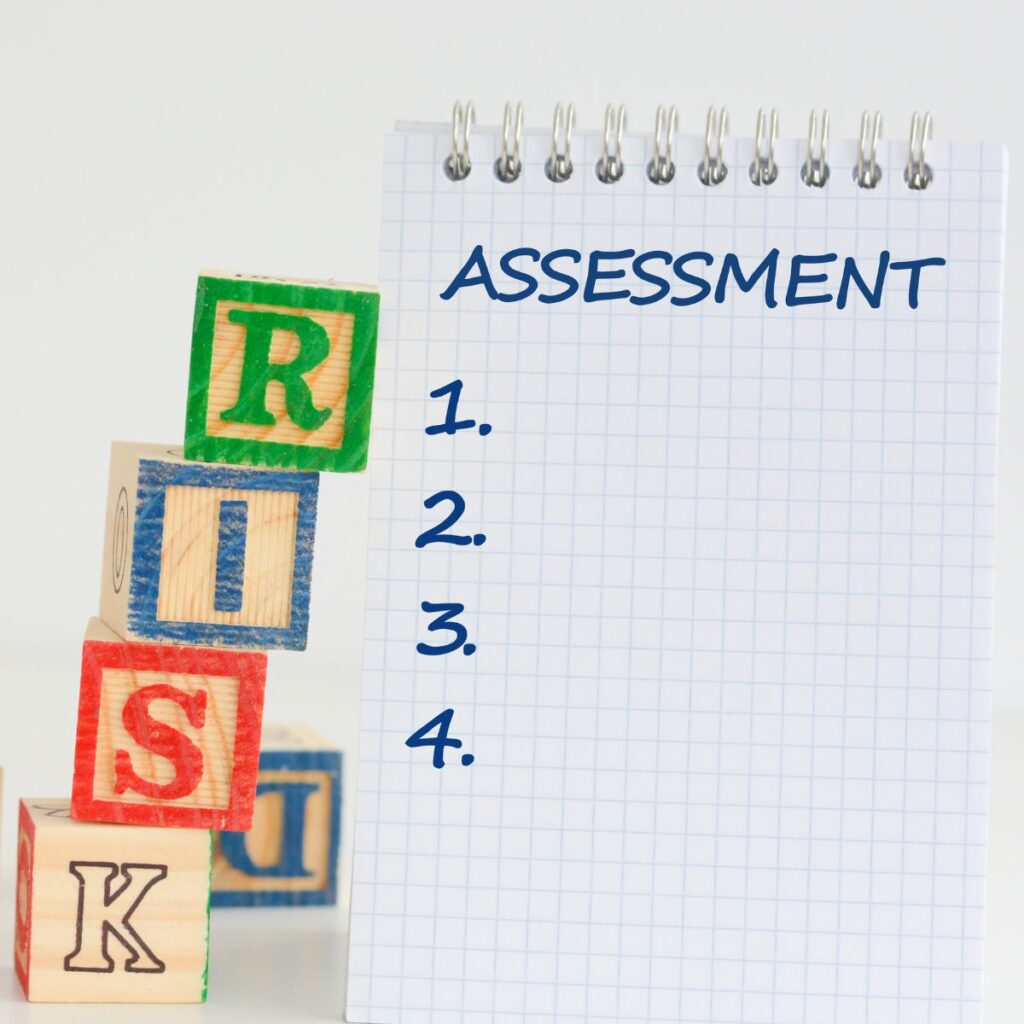In social care and child protection, navigating the intricacies of risk assessments is a paramount responsibility. Advanced Child Care Assessments (ACCA) play a crucial role in this landscape, employing a comprehensive approach to three distinct types of risk assessments.
Assessment of Risk for Contact
In circumstances where risks from a parent require an assessment to ascertain any potential danger for a child, should the child have contact with that parent? We consider the level of contact and any measures that could mitigate that risk and allow the promotion of the parent-and-child relationship.
24/7 In the Home Risk and Suitability Assessment
This assessment can be for a family on the edge of care while the Local Authority and Court are looking at the viability of a rehabilitation plan or for a new and inexperienced parent with a level of learning need where the capacity to care for the child independently is untested.
The 24/7 in the Home assessment considers the parent’s current circumstances, their history of parenting, any present risks in terms of likelihood of harm or neglect and from-home conditions and whether the parents are manageable to ensure that it is a safe environment for a child and our Parenting Practitioners, should the programme be recommended.
AAA Resolution Model Assessment
We undertake our remodelled AAA Resolution Model Assessment in circumstances where a child has been subject to significant and substantiated injury or abuse, and the Court has made findings that one or both parents were guilty. This approach is a radically different type of Social Work Assessment as it sets aside the pursuit of an admission of guilt and focuses on the child’s safety, looking to the family protective support network to mitigate risk and allow a cautious rehabilitation plan.
The Limitations
Professional judgement can be subjective, and Social Workers are often blindsided by ‘disguised compliance‘, the process in which a parent will do or say anything necessary to mask or minimise risks to a child. Pre-arranged appointments can allow parents to clean their home, prepare an activity with a child or even prompt a child to provide a somewhat unrealistic view of family life or relationships. The worst we have heard is the example of a mother drugging a child so that they would sleep during Social Work visits.
In risk assessments where we consider rehabilitation, parents often achieve meaningful changes while the child is free. Caring for children can be highly stressful, and rehabilitation may well be the trigger for relapse or the re-emergence of poor impulse control and self-regulation and a return of domestic abuse or violence to a child. Risk Assessment can never, therefore, be risk-free, and decision-making and care planning based on a snapshot assessment alone would be both unethical and dangerous.
Effective Risk Assessment
Practical Risk Assessment requires a combination of professional expertise and evidence-based practice rather than gathering information. ACCA’s Risk Assessments rely on developing effective and engaging relationships with children and their families, the quality of the information collected, and a thorough analysis of that information using current research standardised measures and evidence-based tools.
We recognise that an indicative rather than a predictive approach is more effective when assessing complex family systems. Patterns of behaviours that continue despite extensive intervention are often a strong indicator of parents who are unlikely to have the capacity to change. Equally, when parents have effectively achieved and sustained meaningful engagement and change, practitioners can have more confidence to consider that we’ve reduced previous risks.
Risk Assessment is not an end. When risks to a child have previously been present, they can quickly escalate, often unpredictably. Even the best assessments cannot protect every child because we cannot predict human nature. Using research-based tools and practical professional judgment can help clarify the reasons for Social Work decision-making and demonstrate impartiality. Identifying risks is only part of the process, and it is meaningless without a robust risk management plan and recommendations for working with the family to reduce risks.
All ACCA’s Risk Assessments consider which practices will better safeguard the child and how we can assist parents in making changes that will reduce the need for professional intervention and give them the tools they need to develop improved parenting practices.
The Benefits of Risk Assessment
Whilst Risk Assessment should always be an ongoing process, there are clear benefits to using an initial and thorough analysis of risk within a family. Using structured professional judgment in Care Proceedings can reduce delay, improve decision-making, and help to re-establish Social Workers as experts in their field.
For Local Authorities, Risk Assessment can assist in developing early targeted support for families to prevent the cyclical pattern of intervention and escalation of concern. It can allow for the timely safeguarding of children at risk of imminent harm and prevent the need for ‘less or more protective errors.
ACCA
Risk Assessment is a core Social Work activity, and at the heart of good child protection work is risk identification, risk assessment and risk management.
Get in touch today for quality procedures and processes you can trust.



